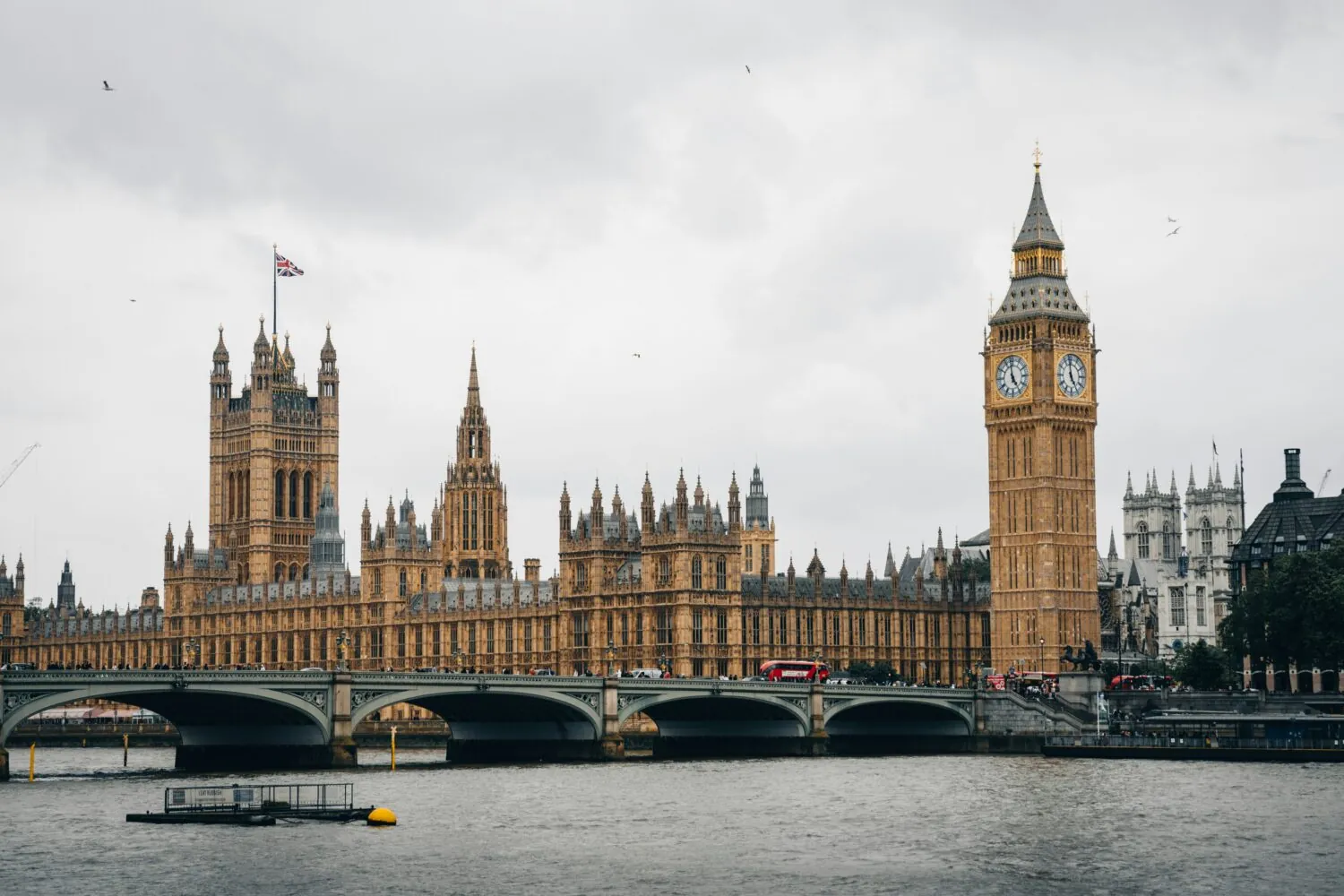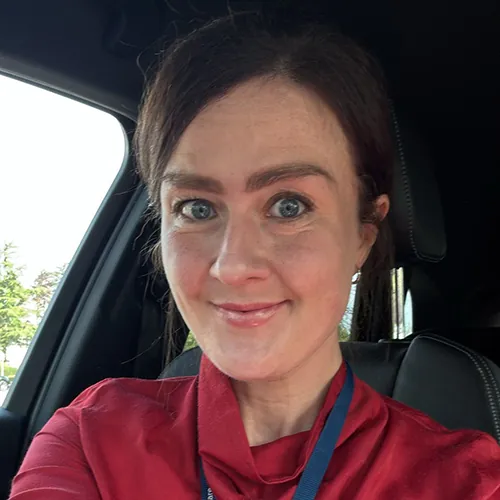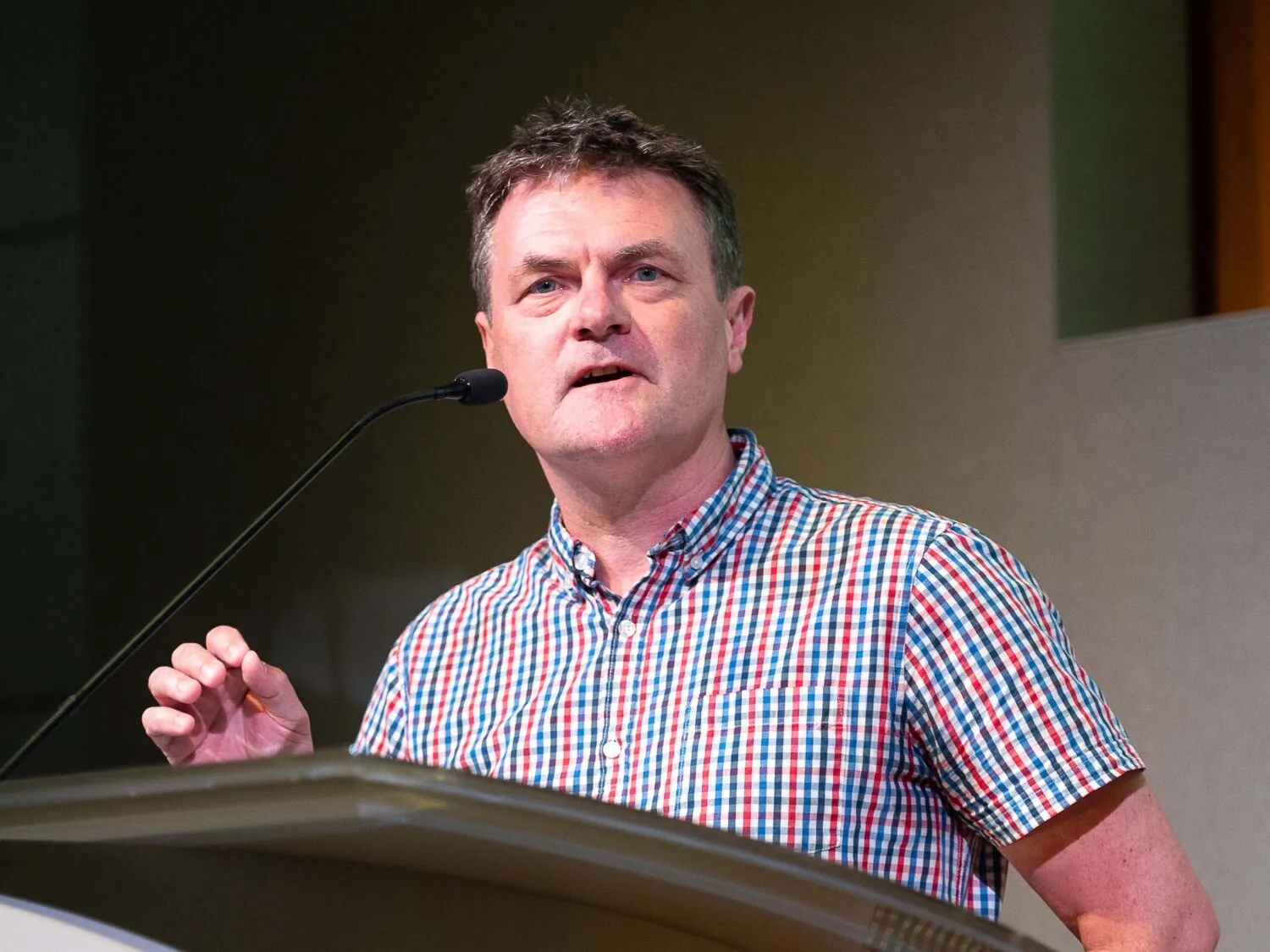The Doctors’ Association UK (DAUK) has reacted to the Government’s 10-year health plan for the NHS.
Prime Minister Sir Keir Starmer and Health Secretary Wes Streeting have today set out their Plan for Change.
Neighbourhood health services will be rolled out across the country, they said. They will bring together diagnostics, mental health, post-op, rehab, and nursing to people’s doorsteps.
Neighbourhood health centres will house services under one roof, open at evenings and weekends.
10-year plan
Plan for Change will rebuild the NHS to train thousands more family doctors, transform hospital outpatient appointments, and provide personalised care plans for complex needs, Mr Starmer and Mr Streeting said.
DAUK’s GP spokesperson Dr Steve Taylor said: “It’s good to see that the Government is working towards bringing more care into the community and has the aim of bringing back the family doctor and ending the 8 am rush.
“The problem with the 10-year plan is that it focuses on neighbourhood health centres without acknowledging there are already more than 6,000 neighbourhood health centres in the community called GP practices.
GP crisis
“Investment in GPs and GP practices would be cheaper. We have a crisis of unemployed and underemployed GPs who could step in now to provide care in the community and help solve the two aims of the Labour manifesto. Both of which we and patients agree on.
“The danger of a top down, secondary care-led community health structure is that it will be much more costly than reinforcing the current structures.
“There are ways to do this in line with Government priorities and Lord Darzi’s review which would solve the problems quickly and with less expensive options.
“More care in the community, yes, but not via privately run big centres, where continuity of care, personal support and patient centred care is lost.”
Investment
DAUK chair Ms Helen Fernandes called for more detail on funding. She warned the 10-year plan would be ‘nothing more than political posturing’ without investment.
Ms Fernandes said: “We await to see the detail of the 10-year plan but we need the investment in general practice, in the hundreds of unemployed and underemployed GPs, and in our estates to bring it up to scratch.
“Without that investment the 10-year plan feels like a Government trying to win political points scoring on big changes to the NHS that promise the public everything but are actually undeliverable.”
Cross-party collaboration
Dr Ellen Welch, DAUK vice chair and a GP in Cumbria, added: “One of the biggest asks DAUK made ahead of the general election was for a cross-party collaborative to focus on the NHS to avoid successive Governments reorganising the service every Cabinet shuffle.
“Once again it looks like we’re set for another reorganisation.
“What’s frustrating is it’s often the same people who are already in position, doing similar jobs with slightly differently titles, all at great expense.
“We already have teams of experts bedded into local communities – they’re called GPs.
“It would save a lot of time and reshuffling to involve them and give them the funding to provide adequate care.”
Training and workforce
Dr Matt Kneale, DAUK’s resident doctor and former chair, said: “We await urgent action from the Government to avoid an impending unemployment crisis for British doctors trying to progress into further training, where bottlenecks are already threatening the future workforce.
“We also want to see signs the Government is serious about ending the exploitation of international medical graduates (IMGs), who are too often treated as a cash cow with no long-term plan to integrate and retain them.
“It is equally important to ensure that IMGs already working and contributing in the UK are not unfairly excluded from future workforce planning.
“Training more doctors from medical school through to consultancy is a necessary and welcome step — but with medical students fearing unemployment, facing limited funding in their final years, and struggling to access world-class training under overstretched clinicians, there is still much to do.”
Physician associates and the future of the medical profession
Dr Kneale added: “With the publication of the Leng Review on physician associates and anaesthesia associates imminent, we urge the Government to use this moment to clarify and reaffirm the distinct role of the medically-trained doctor.
“There is growing unease in the profession at the direction of travel — towards a fragmented, task-based model of care which implies that ‘anyone can do it’.
“Medicine cannot be reduced to a series of checklists and delegated tasks. It is a complex, deeply responsible profession that demands a medical degree and years of further training.
“We call on ministers to commit to reversing the de-professionalisation of medical care, and instead recognise that safe, high-quality NHS care must be doctor-led, not protocol-led.
“Patients deserve to be treated by properly trained doctors — not just because they expect it, but because it is safer.”
Please support our work by joining DAUK or donating to our GoFundMe.





